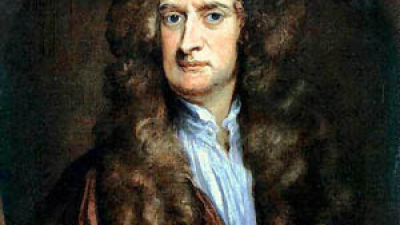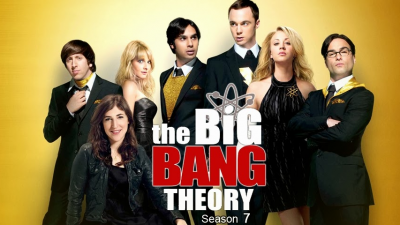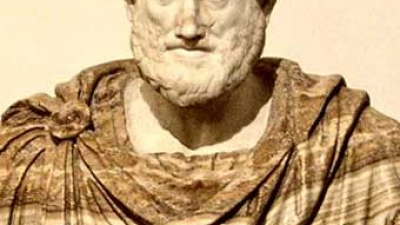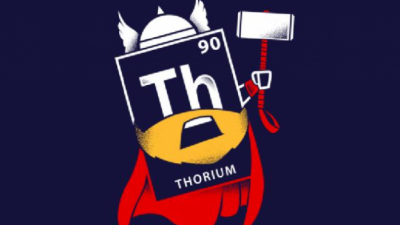Scientists who contributed to develop the theory of the origin of the universe (Big Bang)
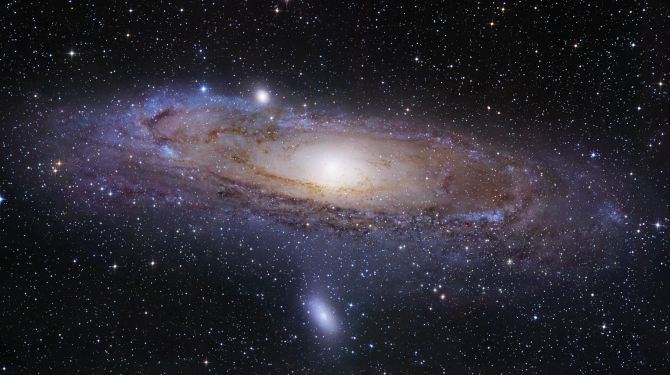
Source: listas.20minutos.es
In physical cosmology, the theory of the Big Bang or theory of the great explosion is a scientific model that tries to explain the origin of the Universe and its later development from a spatio-temporal singularity. Technically, this model is based on a collection of solutions of the general relativity equations, called Friedmann-Lemaître-Robertson-Walker models. The term "Big Bang" is used both to refer specifically to the moment in which the observable expansion of the Universe began (quantified in Hubble's law), and in a more general sense to refer to the cosmological paradigm that explains the origin and evolution of it.
TOP 10:
Fred Hoyle
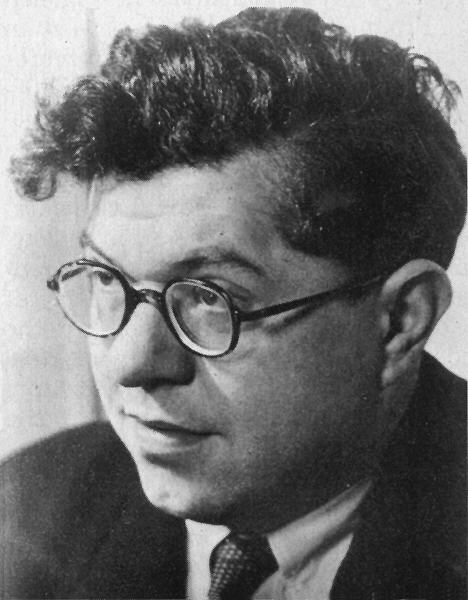
With enormous contributions in the field of the evolution and structure of the stars, Hoyle was better known for his, nowadays little canonical, model of the Stationary Universe, known as Theory of the Stationary State. This model held that the Universe never had an origin, but always existed in the same way as we know it today. Explained the expansion discovered by Hubble, with the permanent creation of protons and electrons, which happen to form the hydrogen that is later grouped into stars and galaxies. Hoyle came to humoristically baptize the alternative theory of expansion of the Universe from an initial singularity as Theory of the Big Bang, name by which the theory is now known. His name is also linked to different formulations of the Anthropic Principle.
TOP 9:
Ptolemy
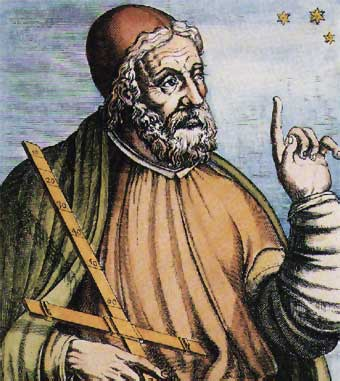
His work consisted in studying the large amount of existing data on the movement of the planets in order to build a geothermal model that would explain these positions in the past and be able to presunt their future positions. He was the one who proposed the geocentric theory.
TOP 8:
Penzias and Wilson
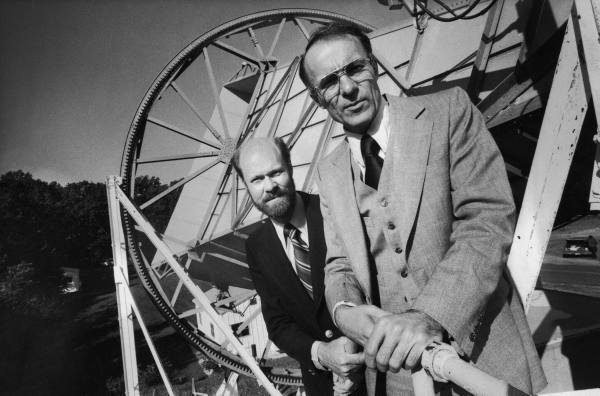
They propose the theory of the ecocosmic and prove that the universe was born at a certain time, some 15 million years ago and discovered a microwave radiation from all regions of the sky with the same intensity.
TOP 7:
Johannes Kepler
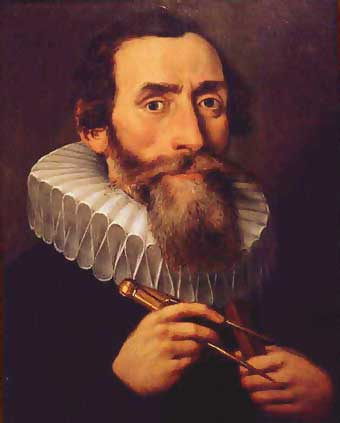
I study the observations of the planet Mars made by Ticho Brahe arriving to deduce that its orbit should be some type of oval and immediately showed that the simplest of the oval curves, the eclipse.
TOP 6:
Nicolaus Copernicus
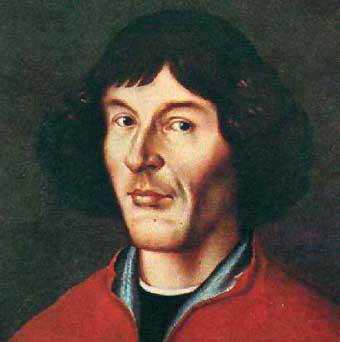
was the astronomer who formulated the first heliocentric theory of the solar system, is usually conceived as the starting point or founder of modern astronomy, Copernicus spent about twenty-five years working on the development of his heliocentric model of the universe. At that time it was difficult for scientists to accept it, as it was a real revolution. Along with his extensive responsibilities, astronomy figured as little more than a distraction. The heliocentric model is considered one of the most important theories in the history of Western science.
TOP 5:
Lemaître
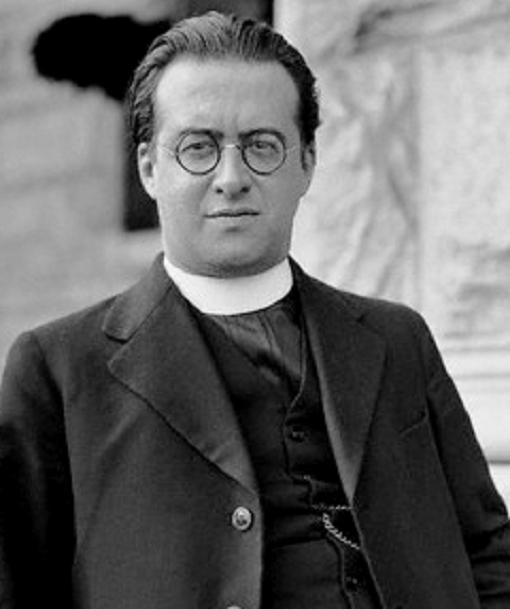
He suggested that the universe is expanding, according to one of the solutions, and that is why Slipher and Wirtz had observed a redshift of light from the spiral nebulae. In 1931, he proposed the idea that the universe originated in the explosion of a "primal atom" or "cosmic egg." This explosion is now called the Big Bang.
TOP 4:
Edwin Hubble
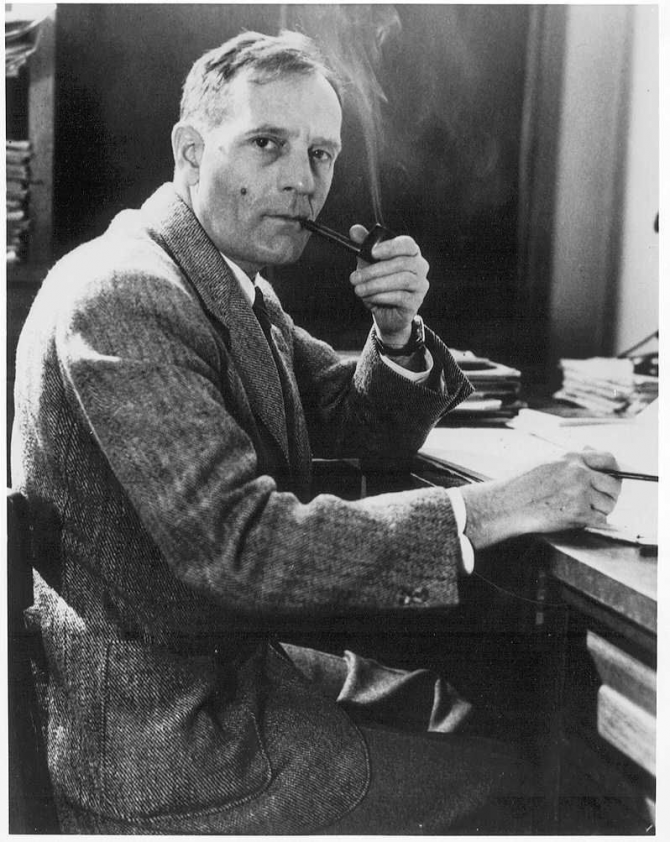
He states that the universe is expanding (Hubble's Law) was one of the most important American astronomers of the 20th century, famous mainly for having demonstrated the expansion of the universe by measuring the redshift of distant galaxies. Hubble is considered the father of observational cosmology although his influence in astronomy and astrophysics touches many other fields.
TOP 3:
Galileo Galilei
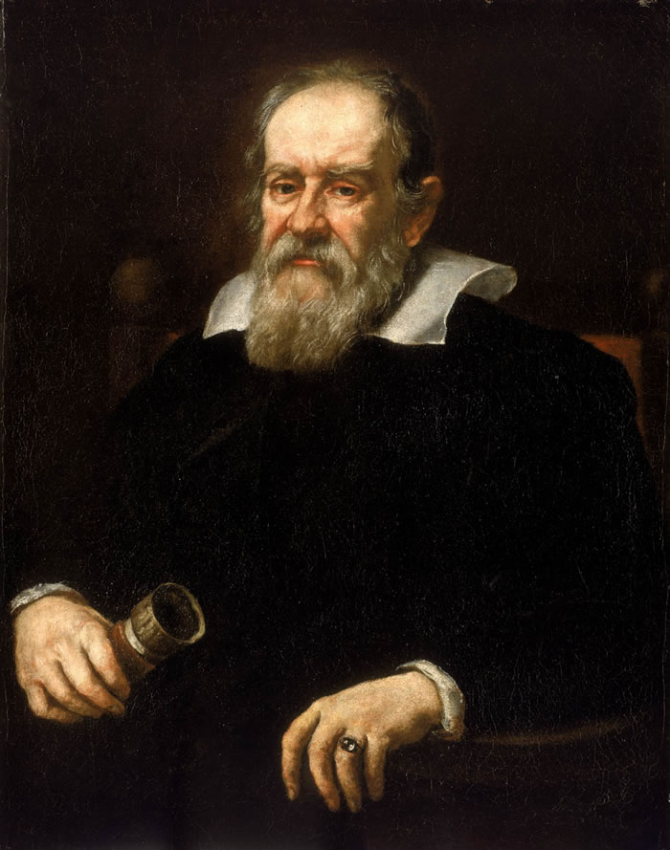
He was the first to look at the sky with a telescope. He was an astronomer, philosopher, mathematician and physicist. Eminent man of the Renaissance. His achievements include the improvement of the telescope, a wide variety of astronomical observations, the first law of movement and a decisive support for Copernicanism. He has been considered the "father of modern astronomy", the "father of modern physics" and the "father of science". His experimental work is considered complementary to the writings of Francis Bacon in the establishment of the modern scientific method and his scientific career is complementary to that of Johannes Kepler. His work is considered a rupture of the settled Aristotelian ideas and his confrontation with the Roman Catholic Church is often taken as the best example of conflict between authority and freedom of thought in Western society.
TOP 2:
Isaac Newton
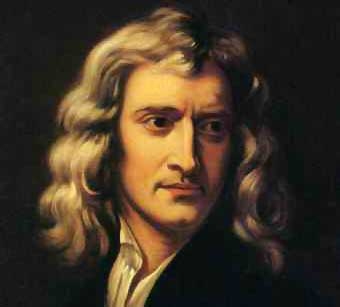
He discovered the law of gravity, described the law of universal gravitation and established the foundations of Classical Mechanics through the laws that bear his name. Among his other scientific discoveries are works on the nature of light and optics. Newton was the first to demonstrate that the natural laws that govern movement on Earth and those that govern the movement of celestial bodies are the same. He is often qualified as the greatest scientist of all time, and his work as the culmination of the scientific Revolution. Among its scientific findings are the following: the discovery that the spectrum of color seen when white light passes through a prism is inherent to that light, instead of coming from the prism its argument about the possibility that light was composed of particles; its development of a thermal conduction law, which describes the cooling rate of objects exposed to the air; his studies on the speed of sound in the air; and his proposal of a theory about the origin of stars.
TOP 1:
Albert Einstein
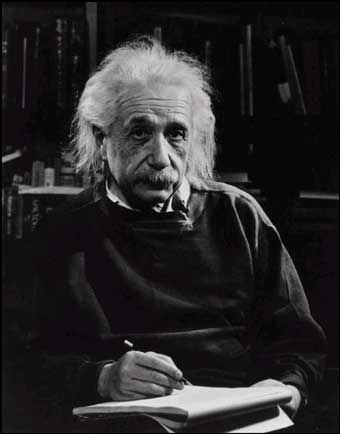
I pose the theory of relativity, in this theory proposes that the speed of light in the vacuum is a constant of nature and does not depend on the state of rest or movement of the body that emits light wave detects. Einstein became a popular icon of science reaching worldwide fame, a privilege available to very few scientists.
More lists




